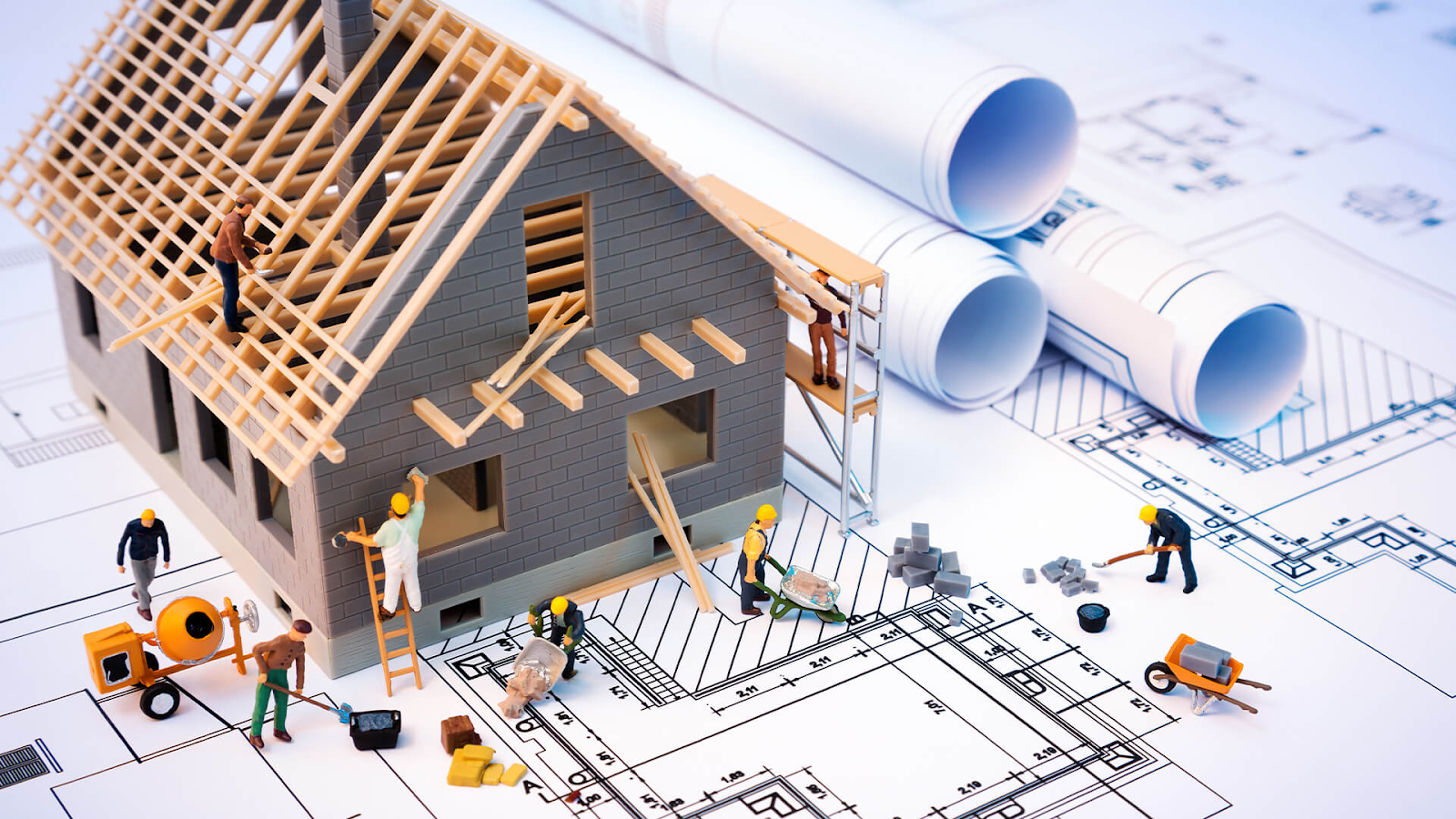
Building contractors play a vital role in completing construction projects, ensuring that every aspect—from planning to execution—is done with precision and expertise. Central to their operations is the partnership with material suppliers, who provide the essential components needed for construction. In this post, we explore the dynamic relationship between building contractors and material suppliers, highlighting the key factors contributing to a seamless collaboration and its benefits to construction projects.
The Importance of Building Contractors
Building contractors are the backbone of any construction project, overseeing the entire process from start to finish. They are responsible for coordinating various aspects of the project, including hiring subcontractors, managing timelines and budgets, obtaining permits, and ensuring compliance with building codes and regulations. With their expertise and experience, building contractors play a crucial role in turning architectural designs into tangible structures while also prioritizing safety, quality, and efficiency.
Material Suppliers: The Backbone of Construction
Material suppliers are instrumental in providing the essential components needed for construction, ranging from raw materials like cement, steel, and lumber to finishing materials such as tiles, paint, and fixtures. They source, stock, and deliver these materials to construction sites, ensuring that builders can access the necessary resources to complete their projects. Material suppliers also play a key role in quality control, ensuring that the materials meet industry standards and specifications.
The Dynamic Relationship
The relationship between building contractors and material suppliers is symbiotic, with each party relying on the other for success. Building contractors depend on material suppliers to provide high-quality materials promptly, enabling them to meet project deadlines and maintain productivity. On the other hand, material suppliers rely on building contractors to purchase their products, driving revenue and sustaining their business operations. This interdependence fosters a collaborative partnership built on trust, communication, and mutual respect.
Key Factors for a Seamless Collaboration
Several factors contribute to a seamless collaboration between building contractors and material suppliers:
- Communication: Open and transparent communication is essential for ensuring that both parties are aligned on project requirements, timelines, and expectations. Regular updates and feedback help prevent misunderstandings and minimize delays.
- Reliability: Building contractors rely on material suppliers to deliver materials on time and according to specifications. Reliable suppliers prioritize consistency, quality, and timeliness in their service delivery, earning the trust and loyalty of their contractor partners.
- Flexibility: Construction projects often require adjustments and adaptations due to changing circumstances or unforeseen challenges. Material suppliers who demonstrate flexibility and agility in responding to these changes contribute to the project’s overall success.
- Quality Assurance: Building contractors prioritize the use of high-quality materials to ensure the durability, safety, and longevity of the structures they build. Material suppliers who adhere to strict quality control measures and provide certifications and warranties instill confidence in their products.
Benefits of a Strong Partnership
A strong partnership between building suppliers yields several benefits for construction projects:
- Enhanced Efficiency: Streamlined communication and reliable supply chains contribute to improved project efficiency, allowing contractors to meet deadlines and deliver high-quality workmanship.
- Cost Savings: Strategic partnerships with material suppliers may result in cost savings through volume discounts, bulk purchasing, and optimized logistics.
- Improved Project Management: Access to quality materials and reliable suppliers enables contractors better to manage project timelines, budgets, and resources, reducing the risk of delays and cost overruns.
- Long-term Success: Building strong relationships with trusted building material suppliers fosters a sense of collaboration and mutual support, paving the way for long-term success and future opportunities.
Conclusion
The collaboration between building contractors and material suppliers is essential for successfully executing construction projects. By prioritizing communication, reliability, flexibility, and quality assurance, both parties can foster a strong partnership built on trust and mutual benefit. Together, they strengthen the foundation of construction projects, ensuring efficiency, cost-effectiveness, and long-term success.





